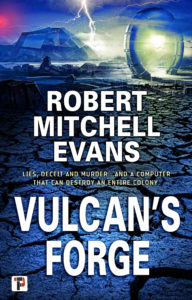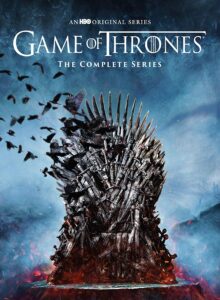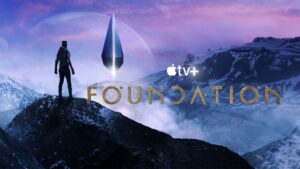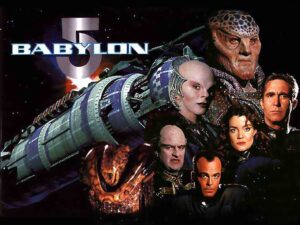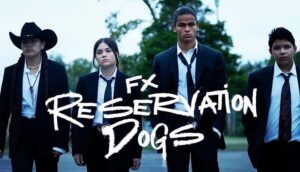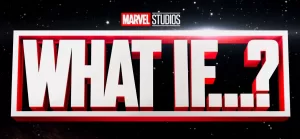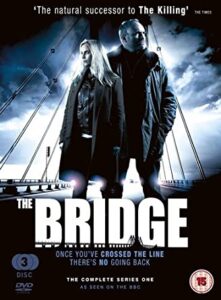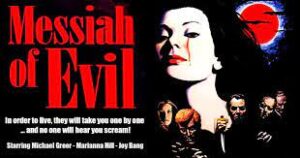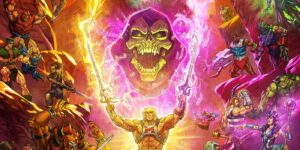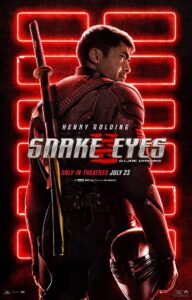The new Netflix sensation, from South Korea, is Squid Game a television series where desperate people play games from childhood with failure meaning their deaths and a promise of great financial reward.
There certainly are a lot of varied and interesting film and tv projects coming out of South Korea 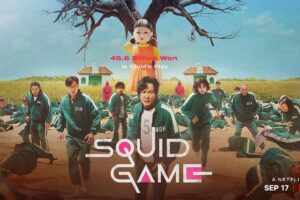 from the Academy Award winning film Parasite to perhaps the best zombie movie ever produced Train to Busan the creative cloud from that peninsula has been fruitful. Squid Game promises tension, suspense, and graphic violence with the right amount of social commentary blended into the story.
from the Academy Award winning film Parasite to perhaps the best zombie movie ever produced Train to Busan the creative cloud from that peninsula has been fruitful. Squid Game promises tension, suspense, and graphic violence with the right amount of social commentary blended into the story.
Two Episodes into the 9 we seem to have settled on to five principal characters:
Seong Gi-hun: A gambling addict and petty thief whose irresponsibility has cost him his daughter and threatens his mother’s health.
Cho Sang-woo: Primary schoolmate of Gi-hun. His family and the neighborhood believe that Sang-woo escape the poverty of their neighborhood by a college education and business success, but embezzlement and fraud has placed him deeply in debt.
Kang sae-byeok: A young woman who escape North Korea with her younger brother and is now desperate for fund to smuggle her parent into South Korea.
Abdul Ali: A Pakistani worker who has been exploited by an unscrupulous employer and has a wife and child to support.
Jang Deok-su: A mid-level gangster on the run from his criminal gang because of stolen funds to feed to gambling debts to foreign casinos.
Of these five characters I have the most sympathy for Sae-Byeok and Ali who seem to have the least responsibility for their dire plights. Gi-hun was the character we met first but his constant whining, refusal to take responsibility, and stealing from his mother’s bank account made the character wholly unlikeable.
That said Squid Game is a series centered on character and though the violence perpetrated is graphic and on-screen the central question is how far will these people go for cash and how much responsibility does the system bear for their plights? The production values are high with the series displaying talent in front and behind the camera. If graphic violence is not a dealbreaker for you then Squid Game on Netflix is worth a shot.
My SF/Noir Vulcan’s Forge is available from Amazon and all booksellers. The novel is dark, cynical, and packed with movie references,